
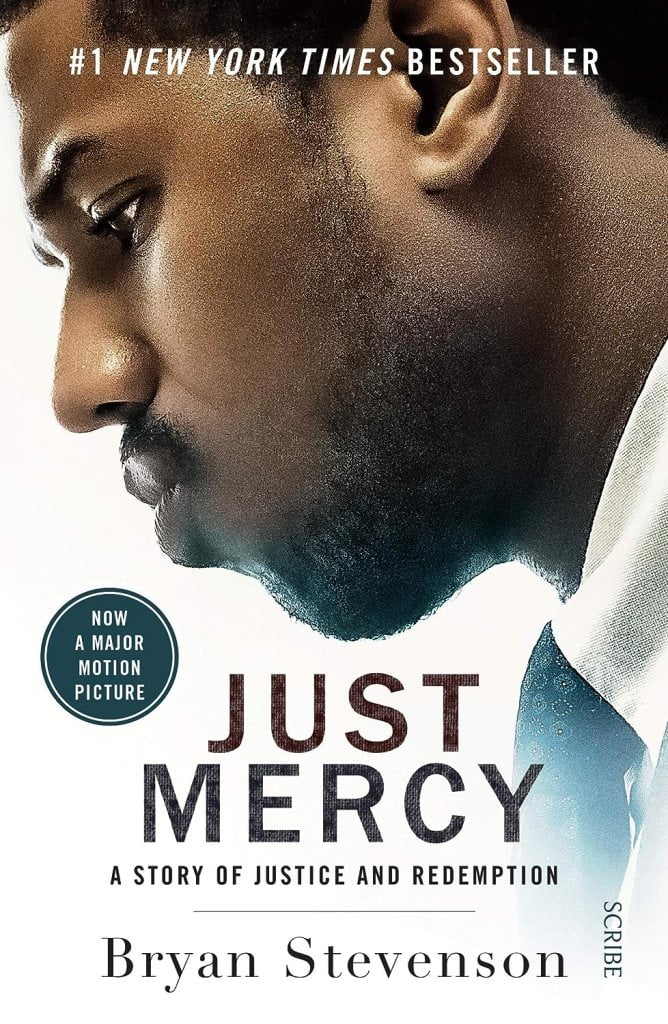
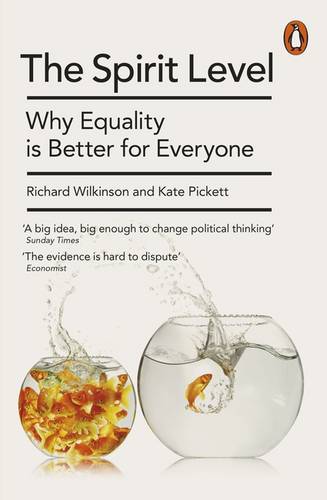
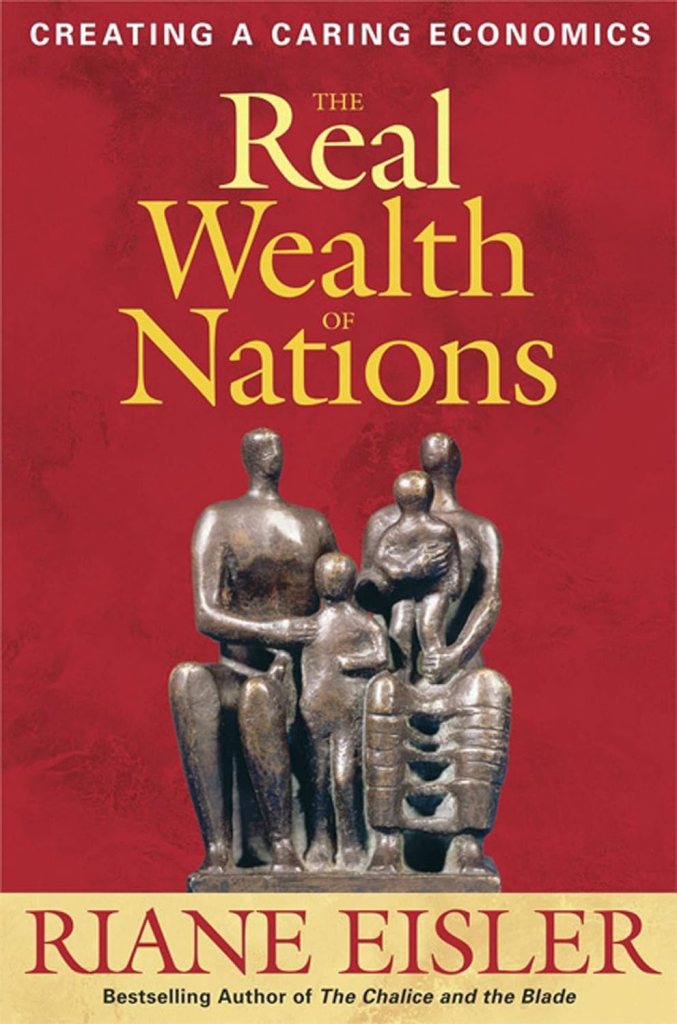
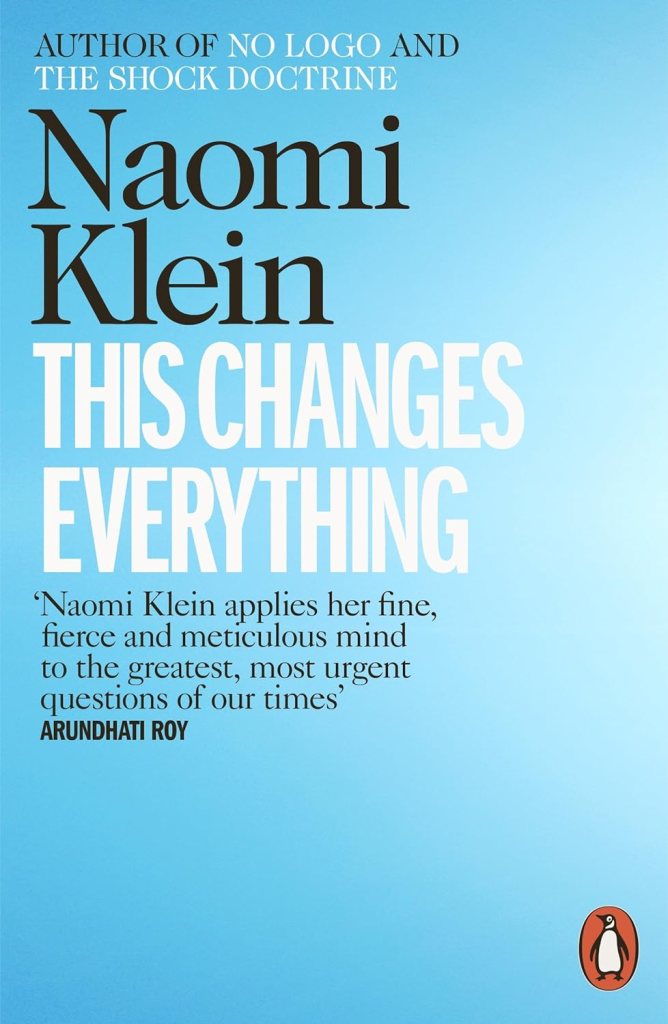
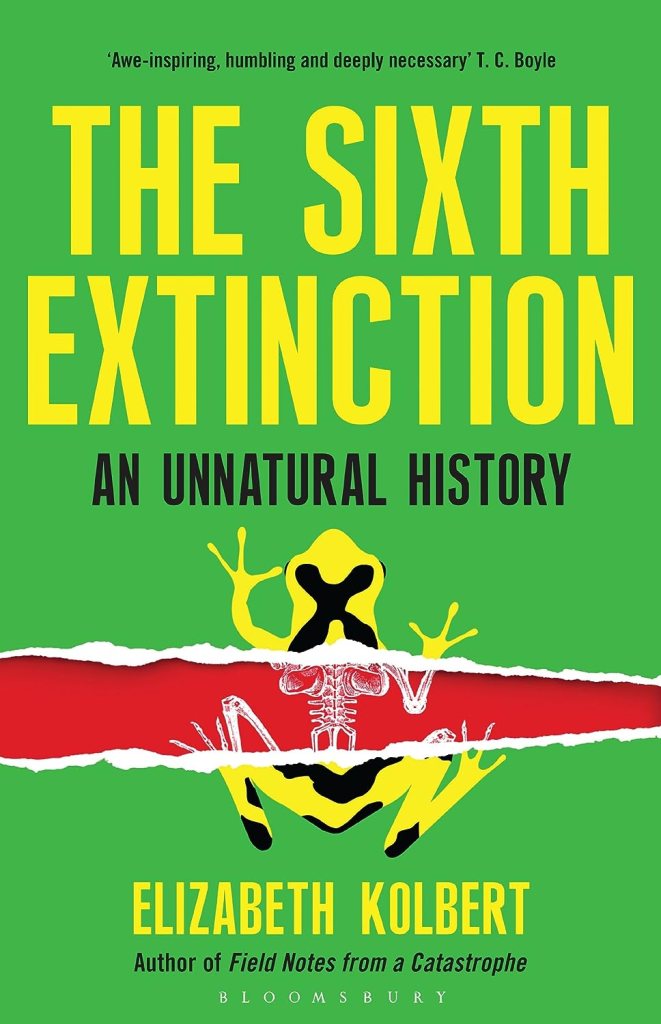
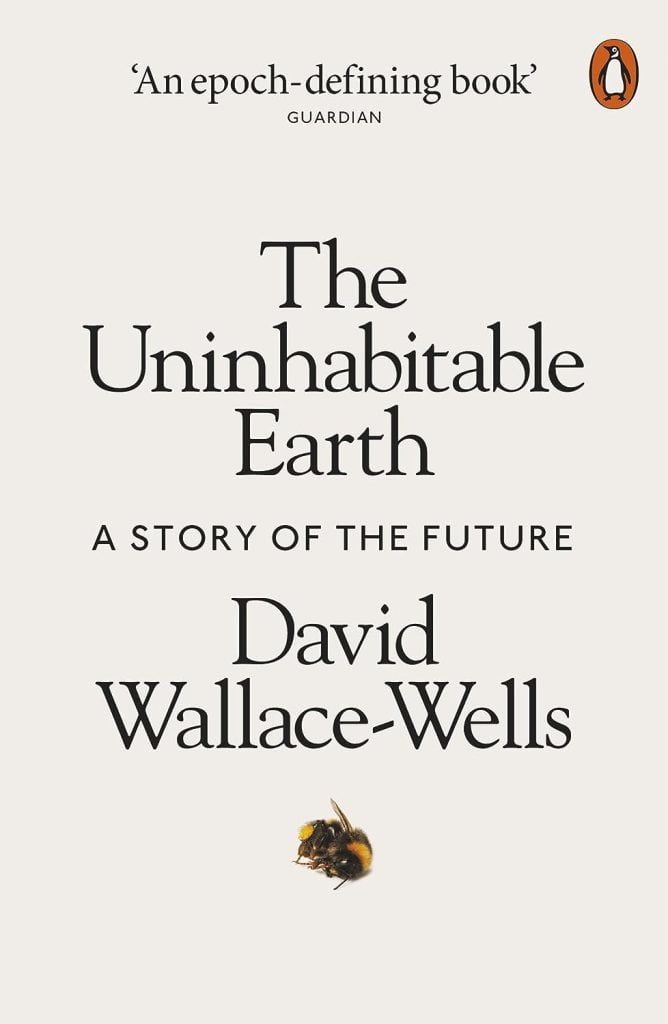
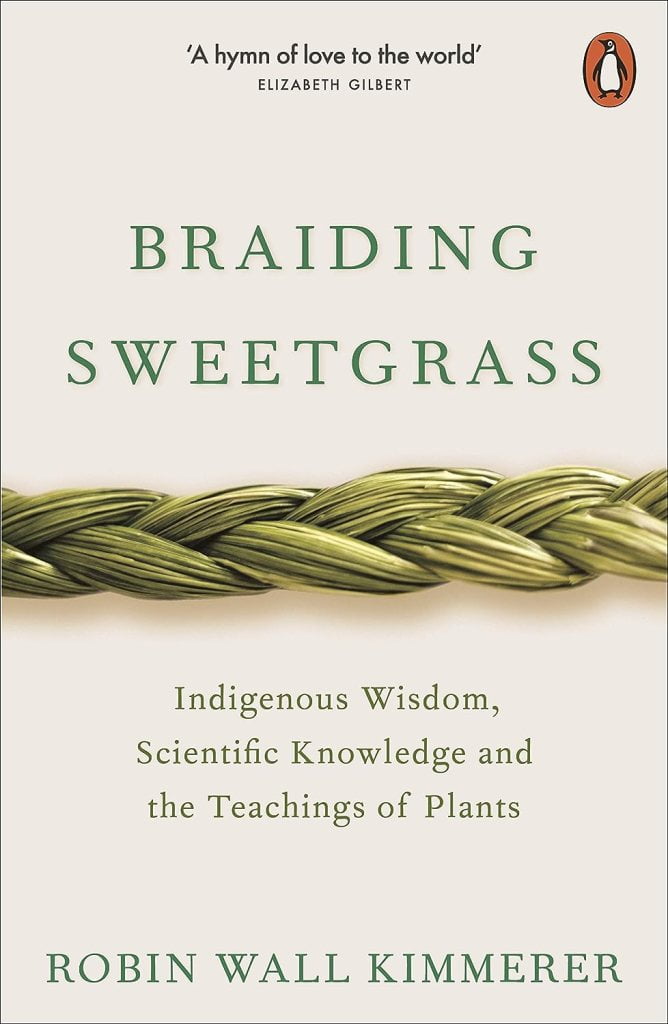
In a world often marred by conflict and strife, the International Day of Peace shines as a beacon of hope, inviting humanity to come together in the pursuit of harmony and non-violence. Observed annually on September 21st, this day serves as a reminder of our collective responsibility to nurture a more peaceful planet. Established by the United Nations General Assembly in 1981 and first celebrated in 1982, the International Day of Peace is a momentous occasion that encourages reflection on the significance of peace and inspires efforts towards a more tranquil world.
The 2023 theme: “Actions for Peace: Our Ambition for the #GlobalGoals”
This year, the International Day of Peace takes on a new dimension with the theme “Actions for Peace: Our Ambition for the #GlobalGoals.” This theme is a clarion call to action, urging individuals, communities, and nations alike to take concrete steps towards promoting peace while working towards the achievement of the Sustainable Development Goals (SDGs). It underscores the intrinsic connection between peace and sustainable development, recognizing that true progress can only be achieved when underpinned by peace and non-violence.
Celebrating peace: ways to participate
There are myriad ways to mark the International Day of Peace and contribute to its noble cause. Here are some ideas to consider:
- Attend a peace event or rally: Joining a peace event or rally in your community is an excellent way to show your support for a peaceful world and connect with like-minded individuals.
- Educate yourself: Take the time to educate yourself about the importance of peace, both on a global and personal level. Explore literature, documentaries, and articles that delve into the topic.
- Volunteer for peace: Consider volunteering your time and skills with organizations dedicated to peace-building and conflict resolution. Your efforts can make a meaningful impact.
- Spread the message: Engage in conversations with family and friends about the significance of peace and the role each person can play in fostering it. Dialogue is a powerful tool for change.
- Personal commitment: Make a personal commitment to promoting peace in your everyday life. Be mindful of your actions and interactions, striving for non-violence and understanding.
The power of knowledge: nonfiction books on fostering world peace
To deepen your understanding of peace and its complexities, exploring well-researched nonfiction books is a commendable approach. Here is a curated list of some of the best nonfiction books on fostering world peace:
- “The Better Angels of Our Nature: Why Violence Has Declined” by Steven Pinker. A comprehensive exploration of the decline in violence throughout human history.
- “Just Mercy: A Story of Justice and Redemption” by Bryan Stevenson. An eye-opening account of the injustices in the American legal system and the pursuit of fairness.
- “The Spirit Level: Why Greater Equality Makes Societies Stronger” by Richard Wilkinson and Kate Pickett. A compelling argument for the role of income equality in creating more peaceful and prosperous societies.
- “The Real Wealth of Nations: Creating a Caring Economics“ by Riane Eisler. A thought-provoking book that redefines the concept of wealth, emphasising well-being and sustainability.
Read: World Environment Day books: 7 reads to raise awareness
- “This Changes Everything: Capitalism vs. the Climate” by Naomi Klein. An exploration of the intersection between climate change and the pursuit of a peaceful, sustainable world.
- “The Sixth Extinction: An Unnatural History” by Elizabeth Kolbert. A sobering look at the ongoing mass extinction event and its implications for our planet’s future.
- “The Uninhabitable Earth: Life After Warming” by David Wallace-Wells. A compelling examination of the climate crisis and the urgent need for global action.
- “Braiding Sweetgrass: Indigenous Wisdom, Scientific Knowledge, and the Teachings of Plants” by Robin Wall Kimmerer. A celebration of indigenous wisdom and the vital connection between humans and nature.
These books span a wide spectrum of topics related to peace, encompassing human rights, economics, climate change, and environmentalism. Each of these works offers valuable insights and encourages readers to contemplate the ways they can contribute to building a more peaceful and sustainable world.
As the world comes together on the International Day of Peace, let us embrace the opportunity to reflect on our shared ambition for global peace and sustainable development. By taking meaningful actions, both large and small, we can make a profound difference in the quest for a more peaceful world.
This article contains affiliate links via Bookshop.org in which we may receive a small commission at no extra cost to you, in order to support local bookshops. We have not been commissioned to review books and services.